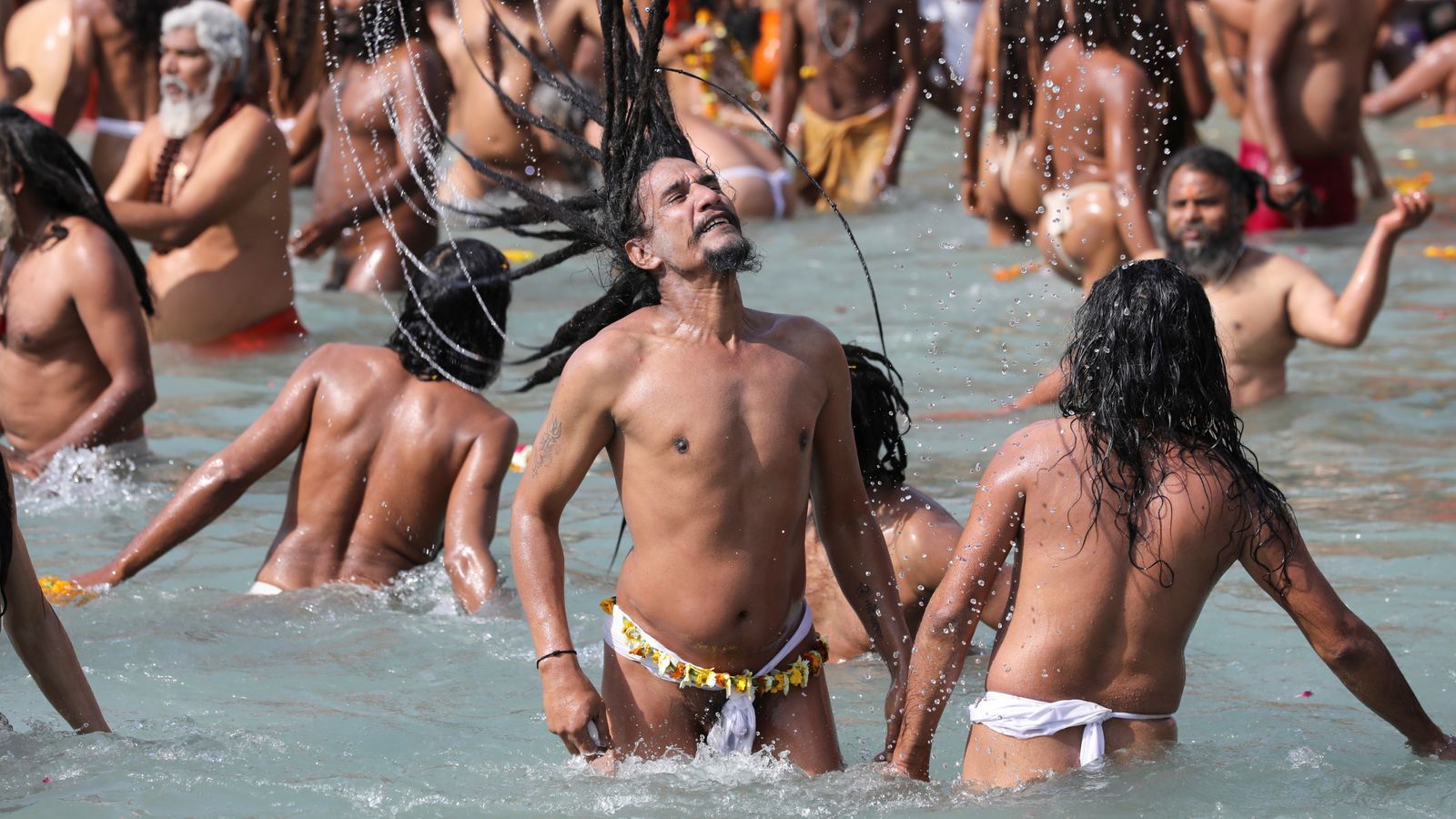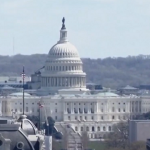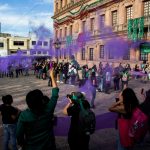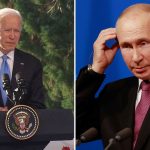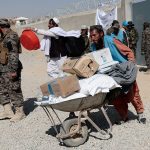There are fears a religious festival where tens of millions of people are expected could act as a ‘superspreader’ event and worsen India’s COVID surge.
Hindu pilgrims have been heading to the temple town of Haridwar, in Uttarakhand state, to celebrate the Maha Kumbh.
Organisers estimate about 150 million people could arrive over the next 30 days for the festival, which takes place once every 12 years.
Millions will take a holy dip in the River Ganges as part of the event.
There are concerns the influx of people may lead to more cases in rural areas, as many pilgrims tend to come from smaller towns and villages.
India is currently witnessing a second wave of infections and the number of cases has risen significantly.
More than 72,182 cases have been registered in the past 24 hours, the highest since 11 October.
Some 458 deaths were also reported on Wednesday, taking the total to 162,960, the fourth highest in the world.
With over 12.2 million cases, India is the third worst-affected country in the world after the US and Brazil.
People have also been gathering this week across India for the Holi celebrations, where people throw coloured powder at each other to mark the start of spring.
But the pandemic has not deterred the thousands who want to take part in the festivities.
Pavan Jha, 66, a pilgrim from Ghaziabad in Uttar Pradesh, told Sky News: “Kumbh is an essential part of our Hindu religion, and this tradition has been going on for centuries.
“We follow all the COVID-19 guidelines of the government. I am not scared of coronavirus.
“Be it COVID-19 or even worse pandemics, our traditions will not stop. This is our belief and the day this belief is not there our religion will cease to exist.”
But the federal health ministry has warned “the positivity rate has the potential to rapidly turn into an upsurge in cases, given the expected large footfall during the Kumbh”.
Dr Shahid Jammel, a leading virologist and director of biosciences at the Ashoka University, told Sky News: “Any large gatherings be it the Kumbh mela (festival) or election rallies can be spreader events.
“More spread gives more chance to the virus to mutate, causing a cascade.”
One of the first decisions of Tirath Singh Rawat, the new chief minister of Uttarakhand, was to revoke the order of a mandatory PCR test for pilgrims attending the festival.
“Faith of devotees will overcome the fear of COVID-19. We do not want people to miss out on the festival,” he said on 14 March.
But two days later Mr Rawat tested positive, and now special procedures have now been put in place by order of the state high court and federal government.
Pilgrims must register online with a mandatory negative PCR test, while a medical check will take place onsite and facemasks are mandatory at all times.
It comes as India is in the middle of elections in five state assemblies, which has seen all precautions and social distancing norms thrown to the wind.
The prime minister, cabinet ministers, state chief ministers and leaders of all parties have been conducting large political rallies, road shows and canvassing with hundreds of thousands of people.
Dr Shahid Jameel says there is “COVID-19 fatigue and complacency after four months of reducing daily cases. Very few people are following COVID-19 appropriate behaviour of using masks and avoiding crowded places”.
India has discovered a double mutation of the virus in some cases, while a large number of infections have also been found of the UK, Brazil and South African strains.
Dr Jameel explains: “The two mutations that have come together are both in the receptor binding motif of the spike protein and a cause for worry.
“Another cause for worry is community spread of the UK variant in Punjab, which is also showing a surge in cases.”
India’s vaccination drive expanded on Thursday so that anyone over 45 is now eligible to get the jab.
About 62 million jabs have been administered so far in the country of more than 1.3 billion.
